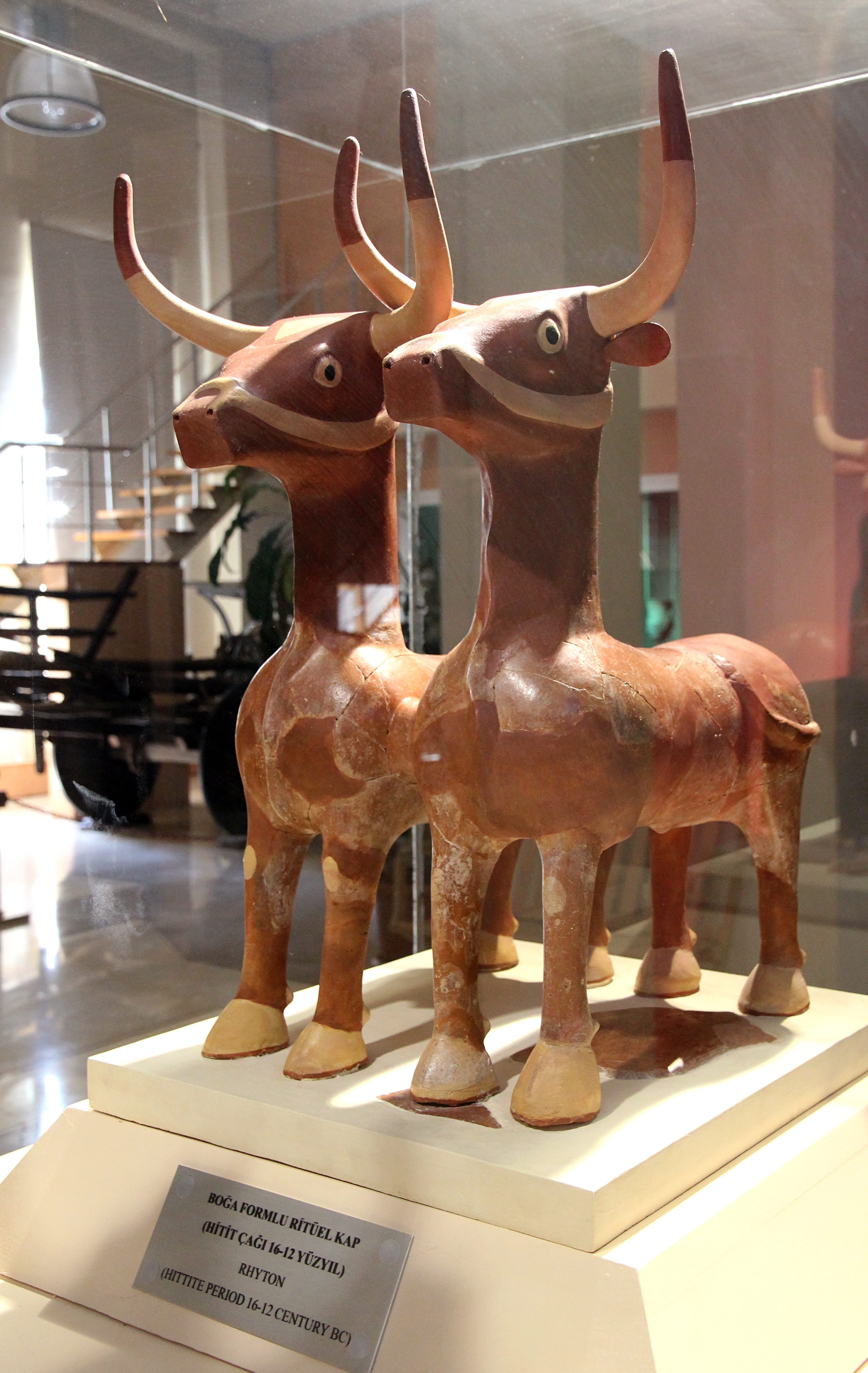|
Peruz Terzakyan
Peruz (1866 in SivasM. Nihat Özön, Baha Dürder (ed.), ''Türk Tiyatrosu Ansiklopedisi'', Yükselen Matbaası, 1967, p. 345. – c. 1920 in Istanbul) also known as Peruz Hanım or Kantocu Peruz, Yılmaz Öztuna, ''Türk Musikisi Ansiklopedisi'', Cilt 2, Kısım 2, M. E. B. Devlet Kitaplarıp. 286. Perviz Hanım was an Ottoman Armenian kanto singer, songwriter. Her family name was Terzakyan.A. Sermet Muhtar Alus, ''Eski Günlerde'', İletişim Yayınları, 2001, p. 60. Mustafa Armağan, ''İstanbul Armağanı: Gündelik Hayatın Renkleri'', İstanbul Büyükşehir Belediyesi Kültür İşleri Daire Başkanlığı, 1997, p. 152. One of her nicknames was ''Afet-i Devran Peruz''. Biography Peruz started singing kantos in 1880 when she was 14 years old. She composed her songs and was also the lyricist. Her stage life lasted until 1912. She was beetle-browed, bulk-bodied, attractive and flirtatious woman. Bestekâr Şevki Bey ("Composer Şevki Bey", 1860–1891) fell in love with ... [...More Info...] [...Related Items...] OR: [Wikipedia] [Google] [Baidu] |
Sivas
Sivas (Latin and Greek: ''Sebastia'', ''Sebastea'', Σεβάστεια, Σεβαστή, ) is a city in central Turkey and the seat of Sivas Province. The city, which lies at an elevation of in the broad valley of the Kızılırmak river, is a moderately-sized trade centre and industrial city, although the economy has traditionally been based on agriculture. Rail repair shops and a thriving manufacturing industry of rugs, bricks, cement, and cotton and woolen textiles form the mainstays of the city's economy. The surrounding region is a cereal-producing area with large deposits of iron ore which are worked at Divriği. Sivas is also a communications hub for the north–south and east–west trade routes to Iraq and Iran, respectively. With the development of railways, the city gained new economic importance as junction of important rail lines linking the cities of Ankara, Kayseri, Samsun, and Erzurum. The city is linked by air to Istanbul. The popular name Sebastian derives f ... [...More Info...] [...Related Items...] OR: [Wikipedia] [Google] [Baidu] |
İsmet Fahri Gülunç
Ismet ( tr, İsmet) is a Turkish form of the Arabic name Ismet. Along with Turkish, the name is also seen in Albanian, Bosnian, and Macedonian. The name means "honesty" or "purity" and in classical "infallibility", "immaculate", "impeccability" and "faultlessness". Given name * Ali İsmet Öztürk (born 1964), Turkish aerobatics pilot * Ismet Akpinar (born 1995), German basketball player * İsmet Atlı (1931–2014), Turkish Olympic medalist sports wrestler * İsmet İnönü (1884–1973), second President of Turkey * Ismet Jashari (died 1998), Albanian member of the Kosovo Liberation Army * İsmet Kür (1916–2013), Turkish female educator, journalist, columnist and writer of mainly children's literature * İsmet Miroğlu (1944–1997), Turkish academic * İsmet Özel (born 1944), Turkish poet and scholar * Ismet Horo (born 1959), Bosnian comedian * Ismet Štilić (born 1960), former Bosnian footballer * Ismet Alajbegović Šerbo (1925–1987), Bosnian accordionist See also ... [...More Info...] [...Related Items...] OR: [Wikipedia] [Google] [Baidu] |
Ethnic Armenian Women Singers
An ethnic group or an ethnicity is a grouping of people who identify with each other on the basis of shared attributes that distinguish them from other groups. Those attributes can include common sets of traditions, ancestry, language, history, society, culture, nation, religion, or social treatment within their residing area. The term ethnicity is often times used interchangeably with the term nation, particularly in cases of ethnic nationalism, and is separate from the related concept of races. Ethnicity may be construed as an inherited or as a societally imposed construct. Ethnic membership tends to be defined by a shared cultural heritage, ancestry, origin myth, history, homeland, language, or dialect, symbolic systems such as religion, mythology and ritual, cuisine, dressing style, art, or physical appearance. Ethnic groups may share a narrow or broad spectrum of genetic ancestry, depending on group identification, with many groups having mixed genetic ancestry. Ethnic gr ... [...More Info...] [...Related Items...] OR: [Wikipedia] [Google] [Baidu] |
19th-century Women Singers From The Ottoman Empire
The 19th (nineteenth) century began on 1 January 1801 ( MDCCCI), and ended on 31 December 1900 ( MCM). The 19th century was the ninth century of the 2nd millennium. The 19th century was characterized by vast social upheaval. Slavery was abolished in much of Europe and the Americas. The First Industrial Revolution, though it began in the late 18th century, expanding beyond its British homeland for the first time during this century, particularly remaking the economies and societies of the Low Countries, the Rhineland, Northern Italy, and the Northeastern United States. A few decades later, the Second Industrial Revolution led to ever more massive urbanization and much higher levels of productivity, profit, and prosperity, a pattern that continued into the 20th century. The Islamic gunpowder empires fell into decline and European imperialism brought much of South Asia, Southeast Asia, and almost all of Africa under colonial rule. It was also marked by the collapse of the large ... [...More Info...] [...Related Items...] OR: [Wikipedia] [Google] [Baidu] |

